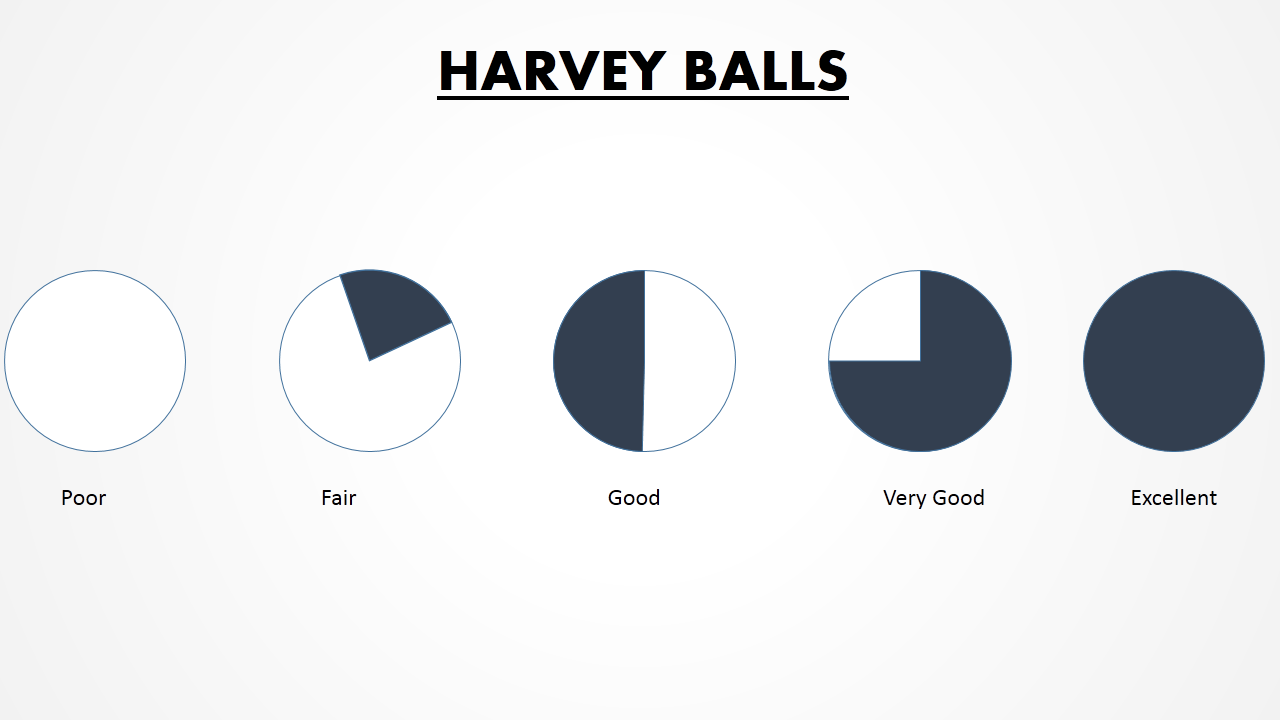In the fast-changing world of tech, few innovations have made waves as significant as blockchain. Blockchain, the foundation of cryptocurrencies like Bitcoin and Ethereum, has completely changed the way we view digital transactions. But, just like superheroes have to be careful with their powers, people using blockchain need to follow a bunch of rules. As with great power comes great responsibility, and for blockchain, that responsibility lies in understanding and adhering to regulations and compliance standards. Let's understand the concept of blockchain regulation.
Blockchain Regulation
Across the globe, government entities, financial institutions, exchanges, and cybersecurity firms are leveraging blockchain networks to exchange financial data, business-sensitive information, and cryptocurrencies. Safeguarding transactions from fraud risks is paramount in these networks, necessitating vigilant monitoring. This oversight is necessary to scrutinize and regulate illicit activities within the network to be protected. Compliance and monitoring are crucial cybersecurity measures for building trust in blockchain networks.
SlideTeam has prepared a 100% editable PPT on “Blockchain regulations and compliance”, lets take note on some of the important slides.
# How Blockchain Technology Works
This slide covers steps to increase the operational security of blockchain networks. It includes steps such as requesting transactions by users, creating blocks representing the transaction, broadcasting of blocks to network nodes, etc.
However, this slide offers important background information. Further, obtaining an understanding of the regulatory and compliance elements requires an understanding of how blockchain works. It helps readers comprehend the technology behind the regulations, making the information more accessible and meaningful.
# Regulating Law Bodies for Blockchain Regulation Applications and Deployment
This slide covers top authorities regulating the deployment and applications of blockchain technology. It includes elements such as financial regulations, privacy, digital content regulations, consumer protection, etc.
This slide delves into the regulatory frameworks and governing bodies that oversee compliance with laws related to blockchain applications. It plays a crucial role in providing insights into the overall blockchain regulations.
# Global Insights on the Cryptocurrency Usage Market
This slide covers the current state of cryptocurrency usage and adoption on a global scale. It includes elements such as the number of global crypto users, U.S crypto users, global market cap, crypto traded daily, most popular crypto and different types of crypto, etc.
Further, this slide provides essential facts and figures about cryptocurrency usage. This information is valuable for understanding the current state of the cryptocurrency market, which is important when discussing blockchain regulations and compliance.
# Different Global Approaches to Cryptocurrency Regulation
This slide covers multiple techniques adopted for regulating cryptos by authorities. The purpose of this slide is to provide an overview on tax regulations, CBDCs, rules followed by exchanges, to maintain uniformity among crypto investors and governing authorities.
Further, this slide offers a concise overview of diverse strategies employed by authorities to regulate cryptocurrencies. This information is essential for understanding how regulatory frameworks aim to ensure consistency among crypto investors and governing bodies.
# Crypto Regulations Followed by Major Countries
This slide covers rules related to digital currencies applicable worldwide. The purpose of this slide is to provide an overview of current and future regulations, exchanges, etc. for the United States providing general standards for utilizing cryptos as a source of performing online financial transactions.
This slide gives a concise overview of global rules governing digital currencies. This provides readers with insights into current and upcoming regulations, including those related to exchanges. The slide serves as a key reference point for understanding the regulatory system surrounding blockchain, ensuring the audience gains valuable insights into compliance matters on a global scale.
# Best Practices for Cryptocurrency Regulations and Compliance
This slide covers techniques for regulating operations for leveraging cryptocurrencies. The purpose of this template is to provide an overview on best practices such as in dept risk assessment, identify criminal terminologies, developing compliance teams, technology integration, etc.
This slide serves as a practical guide for ensuring regulatory adherence and minimizing risks in the blockchain industry.
Wrapping-Up
To ensure a secure and dependable digital future, blockchain regulation and compliance must be effectively managed. Using these frameworks promotes innovation while simultaneously ensuring transparency and user safety. SlideTeam provides a comprehensive PowerPoint presentation on blockchain regulation and compliance that walks you through every aspect of this revolutionary technology if you're seeking for a simple solution.
Download Free PPT
FAQ
- Is blockchain regulated?
- Answer: Yes, blockchain is subject to various regulations depending on the jurisdiction. Governments are increasingly recognizing the importance of regulating blockchain technology to ensure legal compliance.
- How does blockchain comply with data protection laws?
- Answer: Blockchain, while inherently transparent, can comply with data protection laws through measures like permissioned access and encryption. These features allow for secure and GDPR-compliant data handling.
- Can blockchain transactions be traced for regulatory purposes?
- Answer: Yes, blockchain transactions are transparent and traceable. This feature facilitates regulatory oversight, making it possible to track transactions and ensure compliance with financial regulations.






 Customer Reviews
Customer Reviews























